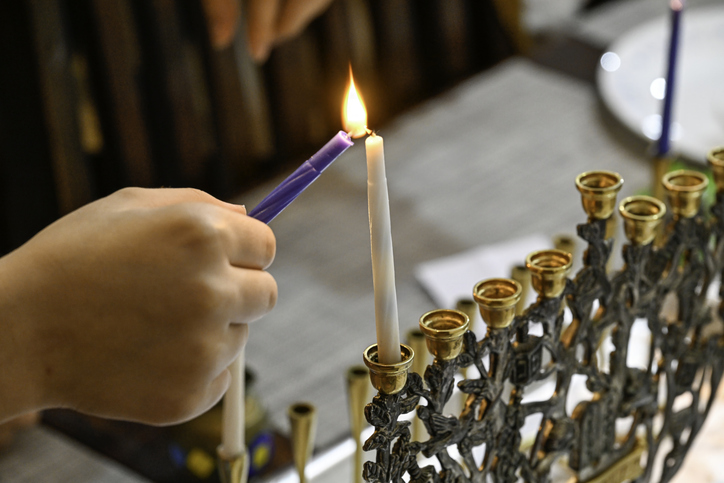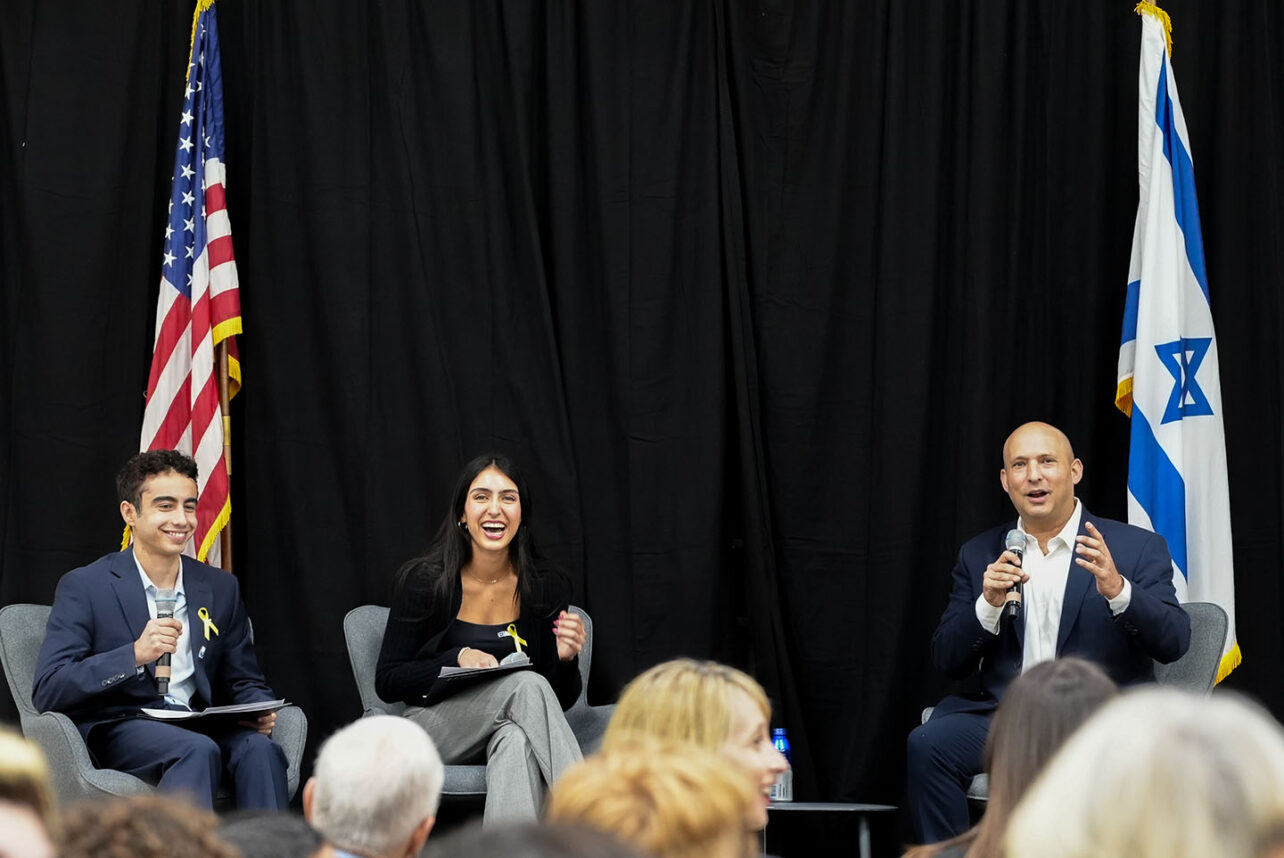This story originally appeared on themedialine.org.
Even with some of the best research institutions in the world, Israel’s got a bad case of “brain drain.” Israeli academics are leaving in droves for American institutions with bigger research budgets and cushy salaries.
According to a new report from the Taub Center for Policy Studies in Israel, Israeli scholars are leaving in droves to walk the halls of academia abroad, and the state of higher education here is dire.
“We need to change our national priorities before it’s too late,” Dan Ben David, who led the study, told The Media Line. “The universities are still among the best in the world. We just need to get our act together.”
The situation is striking. In the first decades of its existence, Israel established research universities that rivaled institutions around the world. This was despite an inundation of refugees, food rationing, repeated wars and budgetary limitations.
Forty years later, higher education has ceased being a national priority, the study says. Even as the population in Israel doubled, there are fewer professors in Israel today than there were then. This mass exodus of educators is seven times larger than biggest case of brain drain in Europe.
“It’s not because we don’t have money. We’re a lot wealthier than we were in the past. We’re just choosing to spend the money elsewhere,” Ben David explained.
Israeli universities responded to the mass flight of tenured and tenure-track professors by bringing in lecturers from outside their research facilities. According to the report, this had two lasting negative effects: Students received lower quality education because teachers were not involved in “cutting-edge” research, and those students previously interested in pursuing careers academic research, faced with an increasing lack of long-term positions at universities, either dropped the dream of doing research or went abroad after graduating.
Israeli researchers most often take their skills and expertise to the United States. In 2007-2008, for every 100 academic faculty members in Israel’s institutions, 29 Israeli scholars were working in America.
The study is part of the Taub Center’s forthcoming State of the Nation Report, to be published in Hebrew in November and in English in December, which looks at Israel’s standing relative to the rest of the world in education, employment, elderly and health care, as well as poverty, particularly among the ultra-Orthodox.
Ben David says while Israel loses its best and brightest academics, it’s also giving one of the advanced world’s worst educations to its youngest students.
“We’re the people of the book. We need to start getting educated again,” he said. “It’s in the government’s hands.”
Israel’s Council for Higher Education is responding to the call.
If 2010, when data for the Taub study stopped, was rock bottom for senior faculty positions in Israel, the story today is different.
“The trend has reversed. We are now increasing numbers,” said Liat Maoz, the Director of the Council’s Unit for Special Projects, in a conversation with The Media Line.
Since 2010, the council has focused on keeping young researchers here and bringing back those who already left. By increasing budgets for universities and colleges, reforming the budget allocation scheme so that institutions hire better and more faculty, and by opening new research facilities highly specialized for Israeli issues, they say progress has been made.
Maoz said close to 700 faculty positions have been opened since their initiative began. By 2016, when the program ends, they hope to have increased university budgets by 30 percent and created a total of 5,000 new spots at universities and colleges around the country.
In the past two years, 16 research facilities, dealing with issues ranging from human disease to sustainable energy, have been started. These Israeli Centers for Research Excellence (I-CORE) are specifically at “fundamentally strengthening the long term positioning of Israel's academic research and its stature among leading researchers in Israel and abroad, ” according to the project website.
Additionally, the higher education initiative is opening “contact centers” to reach out to, and provide resources for, Israeli academics working abroad. These centers alert scholars when faculty positions open in Israel and encourage them to return.
These efforts seem to be making an impact, but it remains unclear how much.
“We are a in trend of improvement,” Maoz said. “But I would think that the slope could be better.”






















 More news and opinions than at a Shabbat dinner, right in your inbox.
More news and opinions than at a Shabbat dinner, right in your inbox.